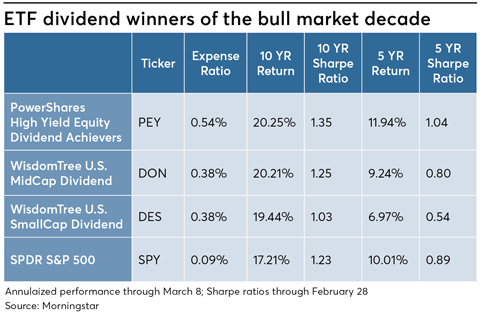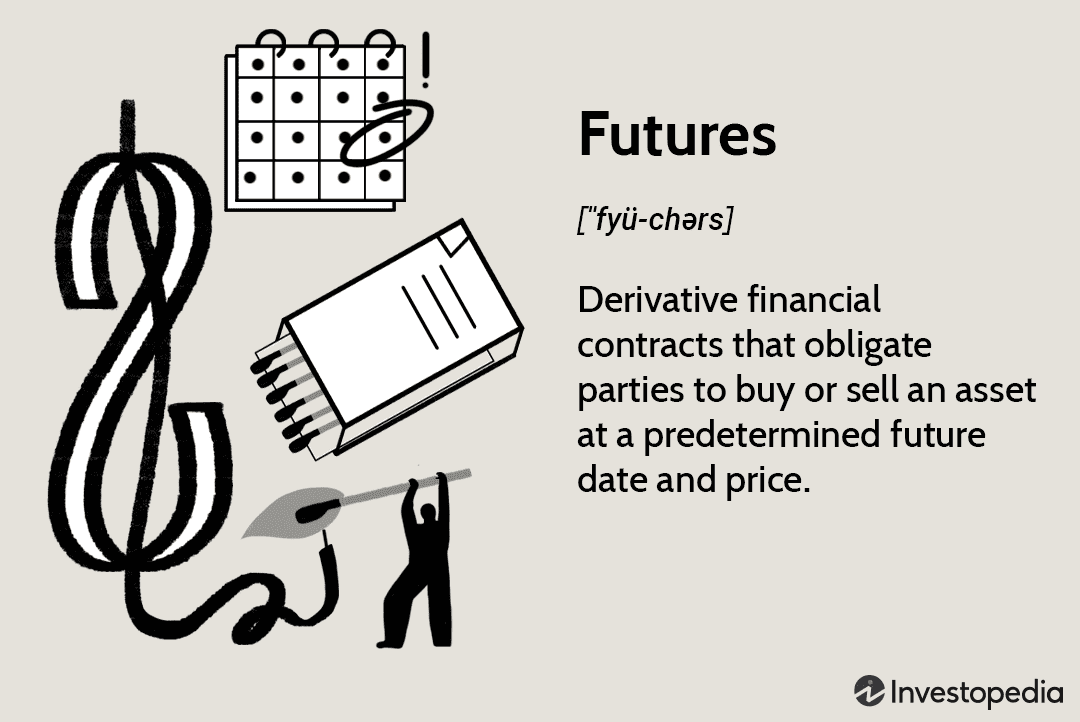
If you're a complete beginner and have no prior knowledge of the stock market, you might be wondering what's the best online stock broker for beginners. Your needs and your knowledge about investing will determine the answer. Below is a list of top online stock brokerages for beginners. These include Charles Schwab, Ally Invest Merrill Edge, TD Ameritrade and Merrill Edge. There is a broker for every type of investor, including beginners.
Charles Schwab
Charles Schwab's services will be of great help to anyone, no matter if they are novice investors or seasoned investors. There are no minimum accounts, no commissions for stock trades or ETFs and access to thousands of funds at a very low price. Schwab is an investment education-focused broker. There are no transaction costs, several investment platforms, and many educational resources available.

Ally Invest
The platform allows you to place transactions quickly and easily. However, Ally Invest doesn't offer advanced trading features such order routing, options strategy, or dynamic charting. Instead, you will have to cancel all orders manually once your stop/profit loss triggers. Ally Invest lacks these features. Also, the company doesn't allow trading in futures or cryptocurrency.
Merrill Edge
Merrill Edge could be the right online stock broker for you if you're just starting out and don’t know how to trade stocks. Merrill Edge allows you to trade multiple asset categories and offers a user-friendly interface. Merrill Edge also offers a list with buy-rated funds. However, this doesn't guarantee performance. However, you can use their managed portfolio service to wash your hands of the complexities of trading. Depending on how much you want to invest, you can go with this option.
TD Ameritrade
TD Ameritrade is a great online broker for beginners. Its intuitive desktop tools allow for quick trade execution. It offers wealth management services that include option and stock research as well as third-party reports. Its knowledge center offers an abundance of information from investment principles to stock selection. Traders can also find expert asset management and access a variety of tools and research to make better investment decisions.

Interactive Brokers
You should assess your knowledge level before you sign up for an online stock brokerage. While some brokers will allow you to invest as little as a few dollars, others require that you make a larger deposit in order to open an account. Online stock brokers may be more suitable for those with limited budgets. An online stock broker can be a great option for beginners. They offer low account fees and access to educational resources. Read on to learn about some of these advantages.
FAQ
What is security on the stock market?
Security is an asset that generates income. Shares in companies are the most popular type of security.
Different types of securities can be issued by a company, including bonds, preferred stock, and common stock.
The earnings per share (EPS), as well as the dividends that the company pays, determine the share's value.
Shares are a way to own a portion of the business and claim future profits. If the company pays you a dividend, it will pay you money.
You can sell shares at any moment.
How does inflation affect the stock market?
Inflation is a factor that affects the stock market. Investors need to pay less annually for goods and services. As prices rise, stocks fall. It is important that you always purchase shares when they are at their lowest price.
How do you invest in the stock exchange?
Through brokers, you can purchase or sell securities. A broker can sell or buy securities for you. When you trade securities, you pay brokerage commissions.
Brokers usually charge higher fees than banks. Banks offer better rates than brokers because they don’t make any money from selling securities.
If you want to invest in stocks, you must open an account with a bank or broker.
If you hire a broker, they will inform you about the costs of buying or selling securities. He will calculate this fee based on the size of each transaction.
Your broker should be able to answer these questions:
-
You must deposit a minimum amount to begin trading
-
What additional fees might apply if your position is closed before expiration?
-
What happens when you lose more $5,000 in a day?
-
how many days can you hold positions without paying taxes
-
What you can borrow from your portfolio
-
Whether you are able to transfer funds between accounts
-
How long it takes to settle transactions
-
How to sell or purchase securities the most effectively
-
How to Avoid fraud
-
how to get help if you need it
-
whether you can stop trading at any time
-
If you must report trades directly to the government
-
Reports that you must file with the SEC
-
What records are required for transactions
-
Whether you are required by the SEC to register
-
What is registration?
-
How does it affect me?
-
Who needs to be registered?
-
When do I need registration?
How can I select a reliable investment company?
You want one that has competitive fees, good management, and a broad portfolio. Fees vary depending on what security you have in your account. Some companies don't charge fees to hold cash, while others charge a flat annual fee regardless of the amount that you deposit. Others charge a percentage on your total assets.
It is also important to find out their performance history. Companies with poor performance records might not be right for you. Avoid companies with low net assets value (NAV), or very volatile NAVs.
You should also check their investment philosophy. In order to get higher returns, an investment company must be willing to take more risks. If they aren't willing to take risk, they may not meet your expectations.
What is a REIT?
An REIT (real estate investment trust) is an entity that has income-producing properties, such as apartments, shopping centers, office building, hotels, and industrial parks. These publicly traded companies pay dividends rather than paying corporate taxes.
They are similar in nature to corporations except that they do not own any goods but property.
What is the difference in marketable and non-marketable securities
The key differences between the two are that non-marketable security have lower liquidity, lower trading volumes and higher transaction fees. Marketable securities are traded on exchanges, and have higher liquidity and trading volumes. They also offer better price discovery mechanisms as they trade at all times. However, there are many exceptions to this rule. For example, some mutual funds are only open to institutional investors and therefore do not trade on public markets.
Non-marketable securities tend to be riskier than marketable ones. They are generally lower yielding and require higher initial capital deposits. Marketable securities tend to be safer and easier than non-marketable securities.
A bond issued by large corporations has a higher likelihood of being repaid than one issued by small businesses. The reason is that the former will likely have a strong financial position, while the latter may not.
Because they are able to earn greater portfolio returns, investment firms prefer to hold marketable security.
What is a mutual fund?
Mutual funds consist of pools of money investing in securities. They allow diversification to ensure that all types are represented in the pool. This helps reduce risk.
Managers who oversee mutual funds' investment decisions are professionals. Some funds let investors manage their portfolios.
Mutual funds are more popular than individual stocks, as they are simpler to understand and have lower risk.
Statistics
- Individuals with very limited financial experience are either terrified by horror stories of average investors losing 50% of their portfolio value or are beguiled by "hot tips" that bear the promise of huge rewards but seldom pay off. (investopedia.com)
- US resident who opens a new IBKR Pro individual or joint account receives a 0.25% rate reduction on margin loans. (nerdwallet.com)
- Even if you find talent for trading stocks, allocating more than 10% of your portfolio to an individual stock can expose your savings to too much volatility. (nerdwallet.com)
- The S&P 500 has grown about 10.5% per year since its establishment in the 1920s. (investopedia.com)
External Links
How To
How to invest in the stock market online
One way to make money is by investing in stocks. You can do this in many ways, including through mutual funds, ETFs, hedge funds and exchange-traded funds (ETFs). Your risk tolerance, financial goals and knowledge of the markets will determine which investment strategy is best.
First, you need to understand how the stock exchange works in order to succeed. This includes understanding the different types of investments available, the risks associated with them, and the potential rewards. Once you understand your goals for your portfolio, you can look into which investment type would be best.
There are three main types of investments: equity and fixed income. Equity refers to ownership shares in companies. Fixed income refers debt instruments like bonds, treasury bill and other securities. Alternatives include commodities and currencies, real property, private equity and venture capital. Each category comes with its own pros, and you have to choose which one you like best.
Two broad strategies are available once you've decided on the type of investment that you want. One strategy is "buy & hold". You purchase some of the security, but you don’t sell it until you die. The second strategy is called "diversification." Diversification involves buying several securities from different classes. You could diversify by buying 10% each of Apple and Microsoft or General Motors. Multiplying your investments will give you more exposure to many sectors of the economy. Because you own another asset in another sector, it helps to protect against losses in that sector.
Another key factor when choosing an investment is risk management. You can control the volatility of your portfolio through risk management. You could choose a low risk fund if you're willing to take on only 1% of the risk. A higher-risk fund could be chosen if you're willing to accept a risk of 5%.
Knowing how to manage your finances is the final step in becoming an investor. Planning for the future is key to managing your money. You should have a plan that covers your long-term and short-term goals as well as your retirement planning. That plan must be followed! Do not let market fluctuations distract you. Keep to your plan and you will see your wealth grow.